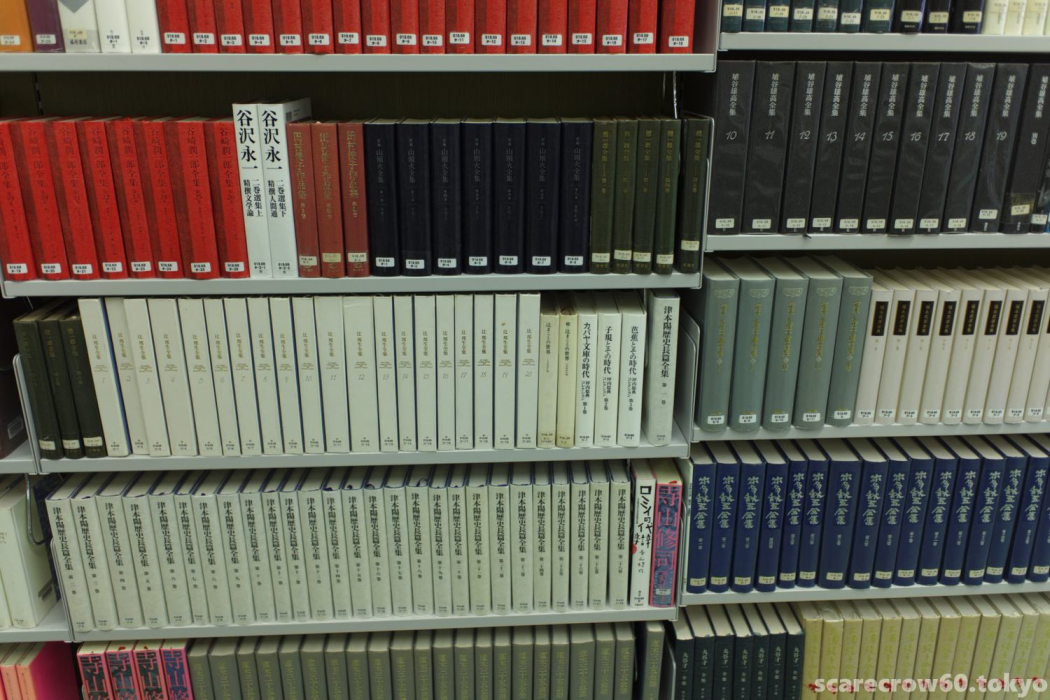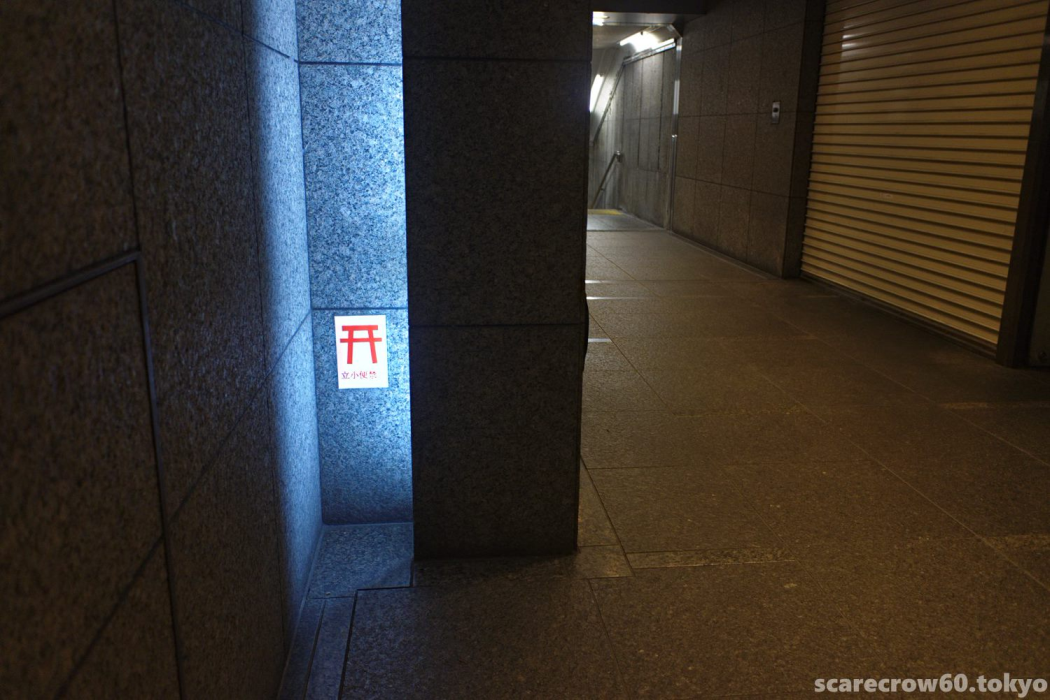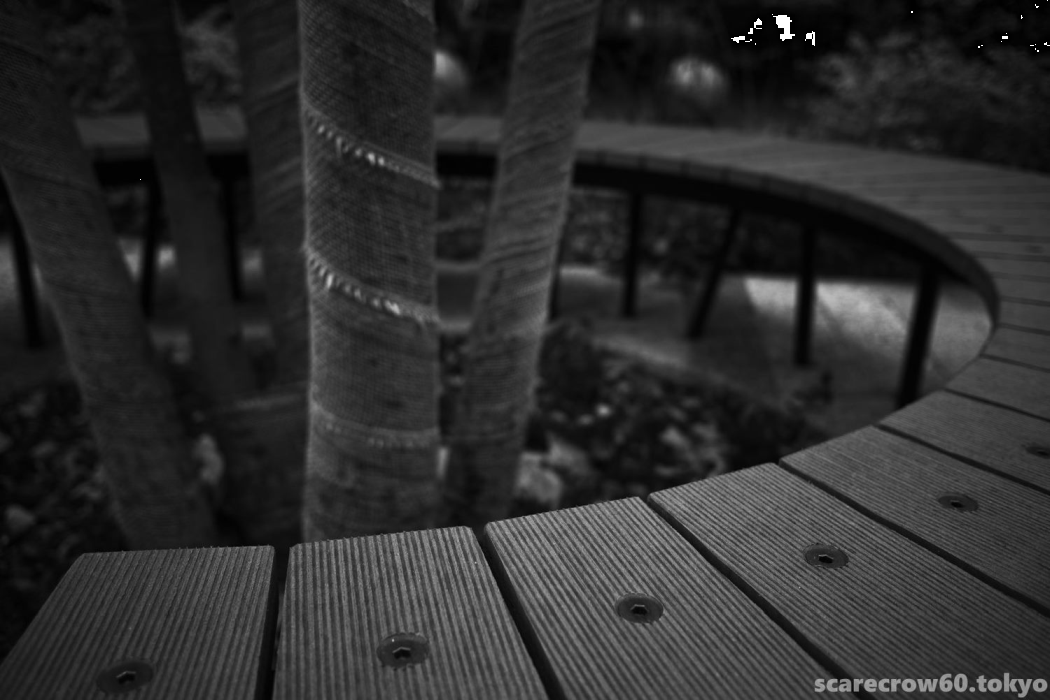When I was a high school student, I read this essay as a Japanese course material (I think it was a subject for correspondence course), and I was very deeply moved by it. Now I can’t imagine that I used to have such a sensitive time.
It was a long time ago, and I remember that it “sunk in,” but I can’t remember exactly what it was about.
I am sure that the author was Kunio Tsuji, a French literature scholar and a great writer, and the story was something like this…
A fulfilling day spent introspectively by the lakeside of a quiet forest in Europe…
But I had to return to Japan.
I watch the afterglow of the setting sun from the plane. That forest is already far away.
How fleeting and precious is the poetic sentiment of the journey and the salvation of the soul
I wonder if my brain has been modified too much. My memory is a little hazy, but the title was something like “From the Literary Climate of Japan”.
Recently, I found that a library within visiting distance has a collection of Kunio Tsuji’s complete works, so I decided to search for it, relying only on my vague memory. This is the complete works of Kunio Tsuji.
A panoramic view of the Shinagawa Library, which I was forced to take pictures of for an article in photo blog. It seems that the complete collection is here.
Part of the complete collection section of “Japanese Literature.”
It was indeed there!
The 20 books with white spines on the left side of the middle row in the photo are the complete works of Kunio Tsuji. This library has a very good selection of complete works, which is wonderful.
The question is how to find the essay you are looking for among these 20 books (though there is no guarantee that it is included in the book in the first place).
In fact, I tried to look up the essays in advance by asking Google to help me, but my memory and the titles were too vague, so I couldn’t find what I wanted.
I ended up piling up several volumes that I thought might be this one in a corner of the spacious reading area of the library, which was almost full and crowded, and just browsing through them.
After an hour of searching, there it is!
After a lapse of many years, I found “that” essay.
The Complete Works of Kunio Tsuji, Volume 17, Shincho-sha Edition
The title of the essay is “Cape Soya, the End of the Desolate Land”. It is about 8 pages in double columns, and was first published in the February 1972 issue of “Tabi” magazine.
The forests and lakes I thought were in Europe were actually Lake Saroma in Hokkaido, Japan. The first half of the essay is about the author’s visit to Wakkanai and Cape Soya, the setting of his novel, and the second half is about his stay on the shores of Lake Saroma in eastern Hokkaido.
The crux of the essay is that the author, who in the first half of the trip had reconnected with the feelings of the protagonist of the novel he had written, discovers in the second half of his experience that he had read another novel, one that he had not written.
Aside from the misunderstanding of the “Europe” setting, the plot of the story was almost exactly as I remembered it: the beauty of the description of dreaming of life in the tranquil forest, the depth of the lyricism of the journey, and the bitterness of the return to the city in inverse proportion. Reading the first half of the book through, I found the essay to be even more profound as an essay by a novelist. It is important to touch the original.
I would like to quote the last passage of the essay. This part of the essay, which shook my heart in my youth, was pretty much exactly as I remembered it, except for the “Hokkaido” part.
The lingering reflection of the western sun above the clouds stayed on the horizon forever. Hokkaido was already as far away as the “land of fairy tales”. It was as far away as the distance of a mind, as far away as people look at life when they see it that way. I wrote in my notebook as one of the thoughts of my journey that it is this remoteness that we take up poetry and nostalgia.
(From Kunio Tsuji’s “The End of the Desolate Land, Cape Soya”)
Reading Kunio Tsuji’s work again, I think it’s great. I think I’m going to do LITERATURE for the first time in a while.


![辻邦生全集(1) [ 辻邦生 ]](https://thumbnail.image.rakuten.co.jp/@0_mall/book/cabinet/1064/10646901.jpg?_ex=128x128)

